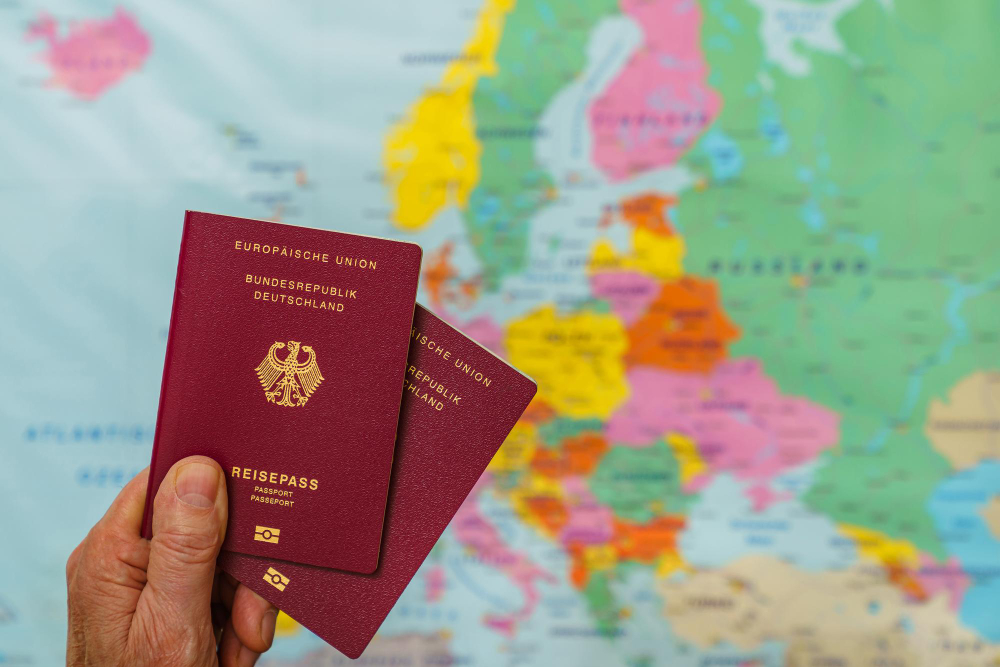German Citizenship Reaches New Record with Over 200,000 Acquisitions in 2023
KEY TAKEAWAYS
1. According to the Federal Statistical Office of Germany, 200,100 people acquired German citizenship in 2023, marking the highest number since 2000.
2. The majority of new citizens in 2023 were from Syria, Türkiye, Iraq, Romania, and Afghanistan.
3. The newly naturalized German citizens averaged 29.3 years old, younger than Germany's general population average of 44.6 years old, with women making up nearly 45%.
In 2023, 200,100 individuals were granted German citizenship, the highest figure since 2000. The Federal Statistical Office of Germany reports a 19% increase from 2022, with 157 different nationalities gaining citizenship. Citizens from Syria (75,000), Türkiye (10,700), Iraq (10,700), Romania (7,600), and Afghanistan (6,500) were the most frequent new citizens. The average age of new citizens was 29.3 years, compared to the general population average of 44.6 years, with women constituting nearly 45%.
In 2022, 168,545 people were naturalized, representing 3.1% of internationals living in Germany for at least ten years. Around 14% of Germany's residents, or 12 million people, do not hold German passports, with 5.3 million having lived in Germany for over ten years.
There has been a notable increase in Israelis with German ancestry applying for German citizenship, with 6,869 applications in the first four months of 2024. In 2022, there were 5,670 applications, rising to 9,129 in 2023.
Germany plans to introduce an online platform to detail citizenship application procedures under the new citizenship law. Additionally, an advertising campaign and online information site will be launched to guide prospective citizens.
In January, the German Bundestag approved a draft law easing the citizenship process for foreign nationals. The new law will allow multiple nationalities, reduce the residency requirement from eight to five years, and even to three years with special integration efforts. Changes also aim to streamline citizenship for children born to foreign parents, reducing the parent's residency requirement from eight to five years.

